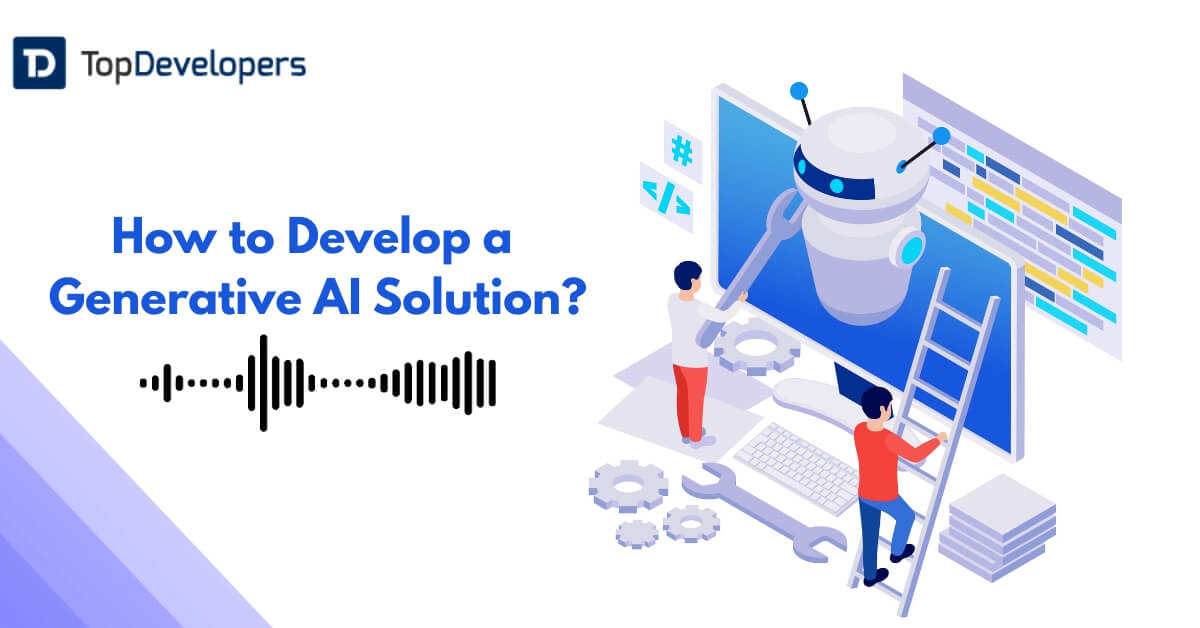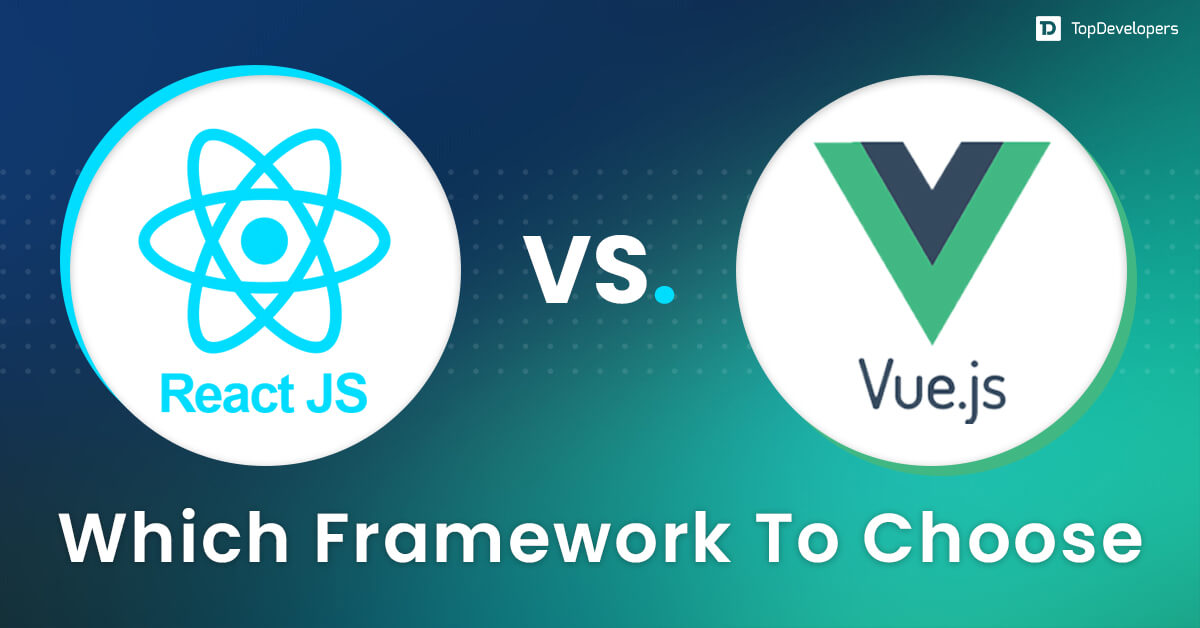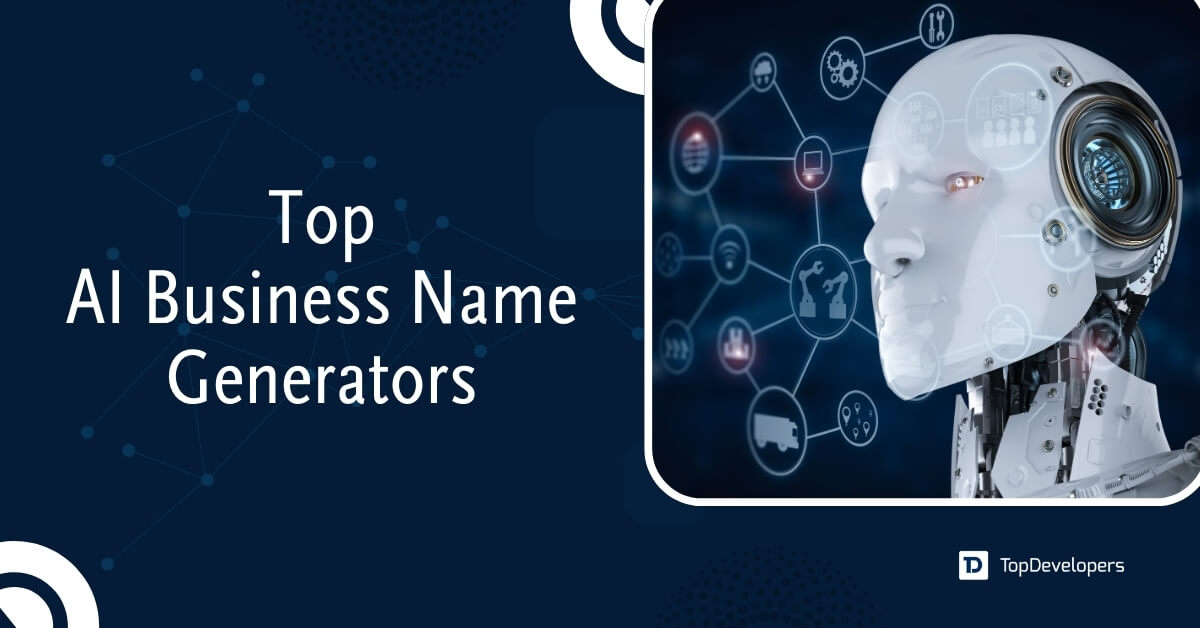
Artificial Intelligence (AI) is transforming and revolutionizing mobile applications from simple tools into intelligent digital assistants that anticipate user needs, automate tasks, and deliver personalized experiences. With mobile apps being the primary touchpoint for businesses and consumers, integrating AI into an existing mobile app has become a strategic necessity rather than a futuristic option.
AI technologies like machine learning, natural language processing (NLP), predictive analytics, and computer vision allow mobile apps to go beyond basic functionality. For example, an e-commerce app can recommend products based on browsing history, a fitness app can create customized workout plans, and a financial app can detect fraudulent activities in real-time. These intelligent features not only improve user engagement but also increase customer satisfaction and business growth.
Businesses that choose to upgrade mobile apps with AI gain a competitive advantage in crowded markets. By adopting an AI-first mobile app approach, companies can leverage data to make informed decisions, automate repetitive processes, and enhance customer experiences like never before.
If you’re planning to integrate AI into your existing mobile app, it’s wise to collaborate with experienced mobile app development companies that understand both the technical and business aspects of AI integration. The right team can ensure that your app is not only modernized with AI but also aligned with your long-term digital transformation goals.
Table of Contents
Why Integrate AI into an Existing Mobile App?
The mobile app industry is evolving rapidly, and users now expect more than just standard features and functionality. They want apps that can think, learn, and adapt to their preferences. This is where AI integration in mobile apps becomes essential.
By adding AI capabilities, businesses can transform a basic app into a smart, intuitive, and interactive solution that delights users and drives engagement. Beyond enhancing user experience, the benefits of AI in mobile apps include improved personalization, predictive analytics, real-time decision-making, and automation that saves time and resources.
In short, integrating AI doesn’t just upgrade your app’s technology; it elevates its value, helping businesses stay competitive in an innovation-driven digital landscape.
Let’s look at the core reasons why businesses should upgrade their mobile apps with AI:
- Personalized User Experiences: AI algorithms analyze vast amounts of user data, such as browsing patterns, purchase history, and app interactions, to deliver highly personalized recommendations. For instance, Netflix suggests shows based on your past viewing history, and Spotify creates custom playlists tailored to your taste. Personalization boosts user engagement and retention.
- Automation and Efficiency: One of the biggest benefits of AI-enabled mobile apps is automation. With chatbots, virtual assistants, and predictive search, businesses can provide instant support and reduce the need for manual intervention. This leads to faster response times, 24/7 availability, and improved customer satisfaction.
- Predictive Analytics and Insights: AI can process large volumes of data in real-time to forecast trends and suggest next steps. For example, a retail app can predict when a customer is likely to make their next purchase, while a healthcare app can alert users about potential health risks based on activity data. Predictive insights help businesses stay proactive rather than reactive.
- Enhanced User Engagement: Features like smart search, voice recognition, image analysis, and AR/VR powered by AI create more interactive experiences. This not only improves usability but also makes users spend more time inside the app. For example, voice-enabled commands in a banking app can make transactions faster and more convenient.
- Competitive Advantage: In today’s crowded app marketplace, businesses that transform their existing app with AI stand out. AI-powered features make your app more appealing to users, giving you a distinct edge over competitors who rely only on traditional functionality.
In short, AI does more than just add “cool features” to your app—it creates smarter workflows, builds stronger relationships with users, and ensures long-term growth. This makes AI not just an upgrade but a necessity for any business aiming to thrive in the digital economy.
What to Consider Before Integrating AI into Your App?
Before you jump into the process of adding AI to your mobile app, it’s essential to carefully assess your current app infrastructure, user needs, and business goals. Successful AI app integration requires more than just implementing technology, it demands strategic planning to ensure your app becomes intelligent, scalable, and user-friendly.
Here are the key factors to consider before integrating AI into your existing mobile app:
- Define the Purpose: Start by identifying the core objectives of AI integration. Are you looking to enhance user experience through personalization, automate customer support with chatbots, or gain predictive insights to optimize business decisions? Clearly defining your goals ensures that the AI features you add deliver real value rather than just technological novelty.
- Evaluate Your App’s Infrastructure: AI models often require higher computational power, fast data processing, and seamless integration with backend systems. Assess whether your current app architecture can handle AI workloads and if necessary, plan for upgrades to databases, APIs, or cloud services. Making your app AI-ready is critical for smooth implementation.
- Choose the Right AI Features: Depending on your app type and target audience, different AI features may provide the most benefit. Some popular AI functionalities include:
- Chatbots for instant customer support and engagement.
- Recommendation engines to suggest products, services, or content.
- Predictive text or search to improve usability and speed.
- Image and voice recognition for security, personalization, or interactive features.
- Data Quality and Privacy: AI relies heavily on data, and the quality of your data directly impacts model accuracy. Ensure your app collects clean, structured data and complies with data privacy regulations such as GDPR, HIPAA, or CCPA. Users must trust that their data is being handled responsibly.
- Budget and Scalability: Implementing AI can involve significant investment in development, cloud infrastructure, and ongoing maintenance. Plan a realistic budget that covers training models, integrating APIs, and continuous optimization. Also, consider the scalability of AI features as your user base grows.
- User Experience (UX) Considerations: AI should enhance, not disrupt, the user experience. Overloading an app with complex AI features can confuse users. Start with core functionalities and gradually expand AI capabilities based on user feedback and engagement analytics.
By carefully evaluating these factors, businesses can ensure that the AI integration process is smooth, effective, and aligned with both technical capabilities and business objectives. Proper planning at every stage sets the foundation for a successful AI-powered intelligent mobile app that delivers tangible results.
Step-by-Step Process to Integrate AI into Your Existing Mobile App
Integrating AI into an existing mobile app may seem complex, but with a structured approach, it becomes a clear and manageable process. Whether you want to enhance user personalization, automate key functions, or add intelligent analytics, a well-defined plan ensures smooth implementation and maximum impact.
Before diving into technical development, it is important to understand the stages involved, from identifying the right AI use cases and preparing your data to choosing suitable tools, testing, and deployment. Each step contributes to transforming your current app into a smarter, faster, and more adaptive solution that meets modern user expectations.
The following steps explain how businesses can successfully integrate AI into their mobile apps while maintaining stability, scalability, and user satisfaction.
Step 1: Define AI Use Cases
The first step in successfully integrating AI into your existing mobile app is identifying the use cases that align with your business goals and user needs. Not every app requires all AI features, so focusing on the most impactful applications is key.
- Personalization: Tailor content, product suggestions, or notifications based on user behavior. For example, an e-commerce app can recommend items based on browsing and purchase history.
- Automation: Use AI to automate repetitive tasks, such as customer support with chatbots or automated responses to common queries.
- Predictive Analytics: Leverage AI to forecast user behavior or business trends. A fitness app, for instance, can predict when a user is likely to skip workouts and provide motivational prompts.
- Enhanced Interaction: Add features like voice commands, image recognition, or AR-based experiences to create more engaging interactions.
Clearly defined AI use cases ensure that your AI integration delivers measurable value to both your users and business.
Step 2: Select the Right AI Tools and Frameworks
Choosing the right AI tools and frameworks is critical for seamless AI integration and performance. Consider factors like compatibility with your mobile app’s platform, ease of use, scalability, and support for pre-trained models.
- TensorFlow Lite: Ideal for running lightweight AI models on both Android and iOS devices.
- Core ML: Apple’s machine learning framework for iOS apps, perfect for image, text, and sound recognition tasks.
- PyTorch Mobile: Flexible framework for deploying deep learning models to mobile devices.
- Dialogflow: Google’s NLP platform for creating intelligent chatbots and conversational interfaces.
- Cloud AI Services: Microsoft Azure AI, AWS AI Services, and Google AI provide scalable cloud-based APIs for NLP, vision, and predictive analytics.
Step 3: Upgrade Your App’s Architecture for AI
To integrate AI effectively, your existing mobile app needs an architecture that can handle AI workloads and data processing efficiently.
- APIs and SDKs: Connect AI models with your app using robust APIs and software development kits.
- Cloud Integration: Use cloud platforms for data storage, AI model training, and real-time inference to improve performance and scalability.
- Data Pipelines: Implement structured pipelines to collect, clean, and process data for AI models continuously.
- Backend Optimization: Ensure your server and database infrastructure can handle increased computational demands without latency issues.
Step 4: Integrate AI Features into the Existing App
Once your architecture is ready, start adding AI-powered features to enhance your existing app’s functionality to integrate AI into mobile app.
- Chatbots & Virtual Assistants: Automate customer interactions and provide 24/7 support. For example, a banking app can answer queries about transactions and account details.
- Recommendation Systems: Deliver personalized content or product suggestions to improve user engagement and sales.
- Voice & Image Recognition: Enable secure authentication, search functionality, or interactive features using AI-powered recognition.
- Predictive Analytics: Use real-time insights to guide user decisions or app notifications. For instance, a travel app can suggest destinations based on past preferences.
Example: A food delivery app can use AI to predict a user’s favorite dishes and recommend new meals based on prior orders, enhancing the overall user experience.
Step 5: Test and Optimize AI Models
Testing is a critical part of AI integration. AI models require continuous evaluation and refinement to maintain accuracy and performance.
- Usability Testing: Ensure AI features function as expected and do not disrupt the user experience.
- User Feedback: Collect insights from real users to identify improvements and adjust AI behavior accordingly.
- A/B Testing: Test multiple AI models or features to determine which approach yields the best user engagement.
- Continuous Monitoring: Track model accuracy, latency, and data flow to ensure AI features remain reliable over time.
Step 6: Launch and Scale AI Features
After testing, launch AI features in phases to mitigate risks and monitor performance. Start with a smaller group of users and gradually expand.
- Phased Rollout: Introduce AI features to a subset of users before full-scale deployment.
- Performance Monitoring: Continuously analyze usage metrics and adjust AI models as needed.
- Scalability: Ensure that the AI infrastructure can handle increased user load without affecting app performance.
- Future Enhancements: Keep improving AI models and adding new functionalities based on user feedback and evolving business requirements.
Following these steps ensures that your AI-powered mobile app is not only intelligent but also scalable, reliable, and aligned with user expectations.
Conclusion
Integrating AI into your existing mobile app is no longer just a technological upgrade, it is a strategic move that can transform your app into a smart, intuitive, and competitive solution. From personalized user experiences and automated workflows to predictive analytics and enhanced engagement, AI-powered mobile apps offer tangible benefits that drive user satisfaction and business growth.
To successfully implement AI, it’s crucial to follow a structured approach: define clear AI use cases, choose the right tools and frameworks, upgrade your app architecture, integrate AI features thoughtfully, and continuously test and optimize. A phased rollout ensures scalability, reliability, and smooth adoption by your users.
Businesses that embrace AI modernization for apps gain a significant advantage in today’s competitive digital landscape. By transforming an existing app into an AI-enabled mobile app, companies can enhance personalization, automate routine tasks, and deliver predictive insights that keep users engaged and loyal.
 Gillian Harper
| Oct 9, 2025
Gillian Harper
| Oct 9, 2025
A professionally engaged blogger, an entertainer, dancer, tech critic, movie buff and a quick learner with an impressive personality! I work as a Senior Process Specialist at Topdevelopers.co as I can readily solve business problems by analyzing the overall process. I’m also good at building a better rapport with people!


